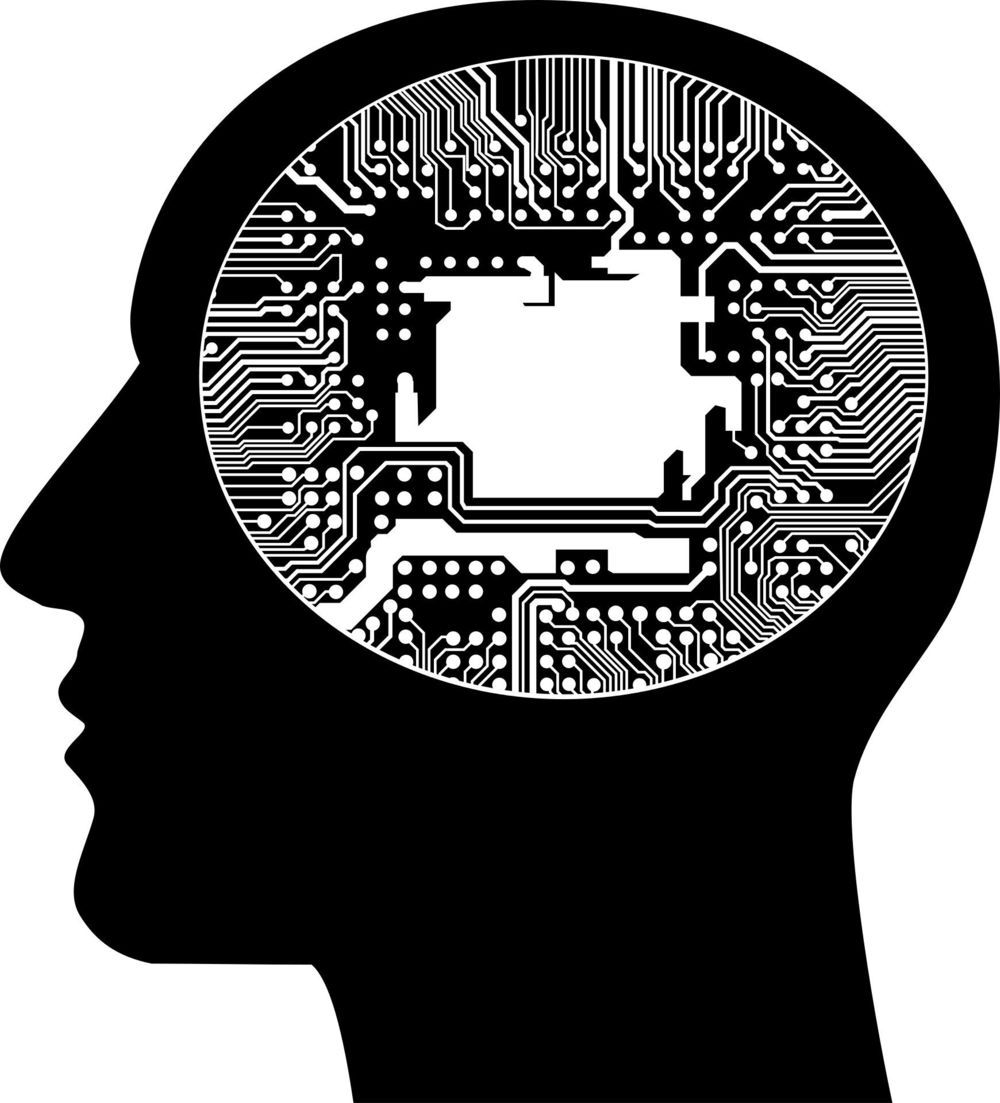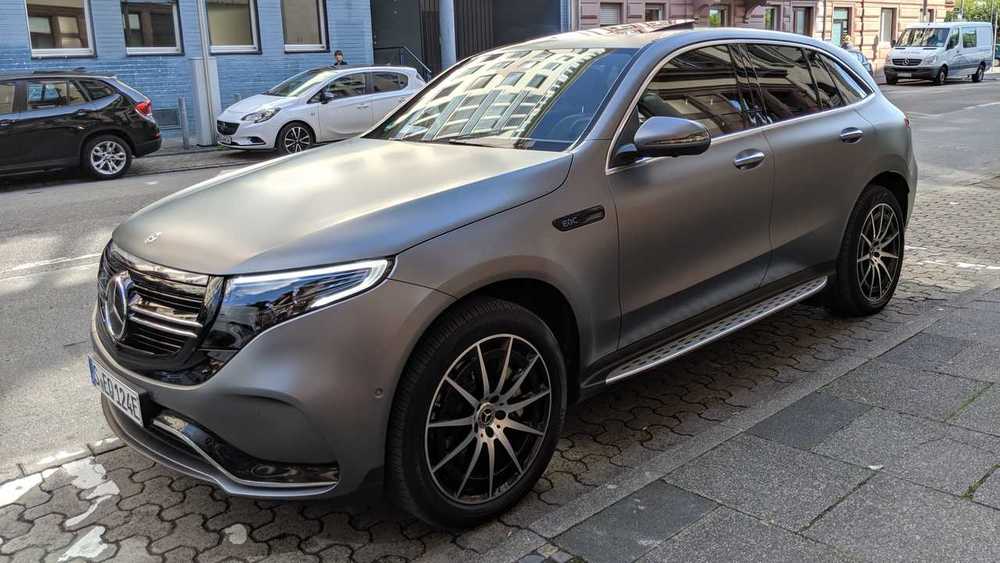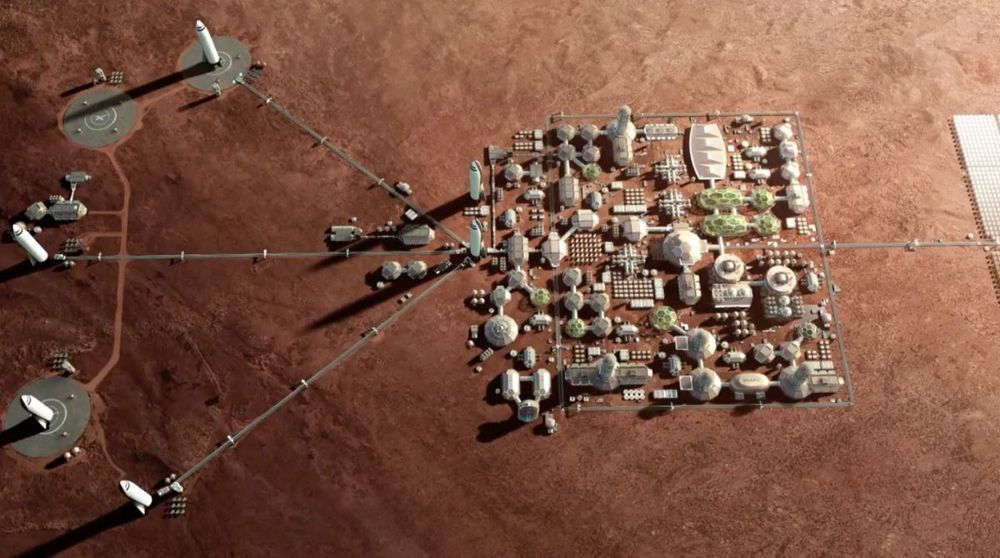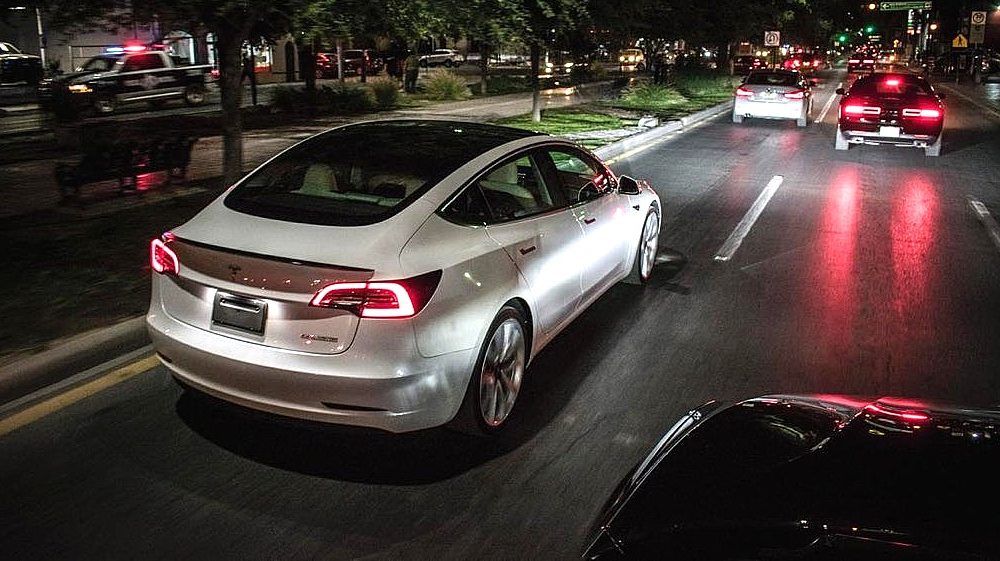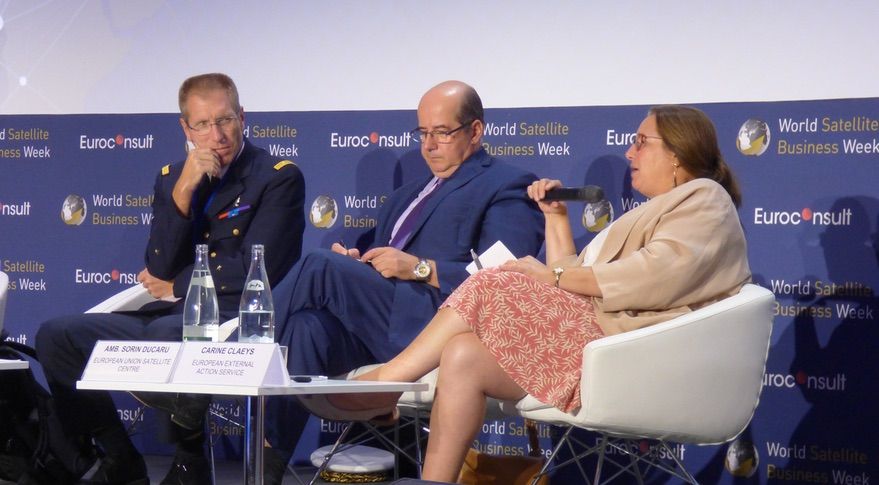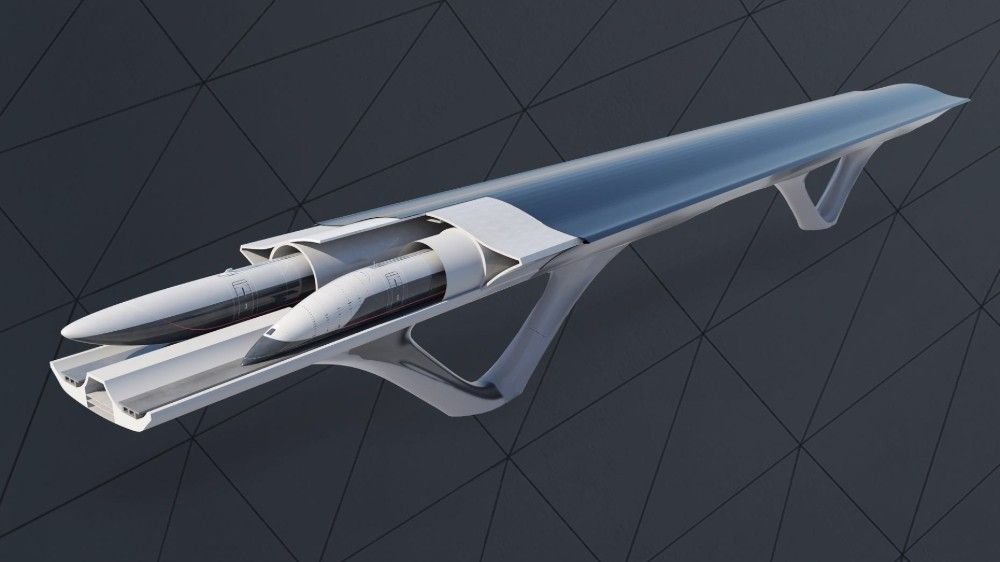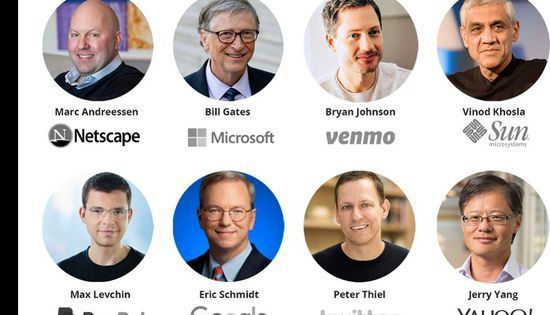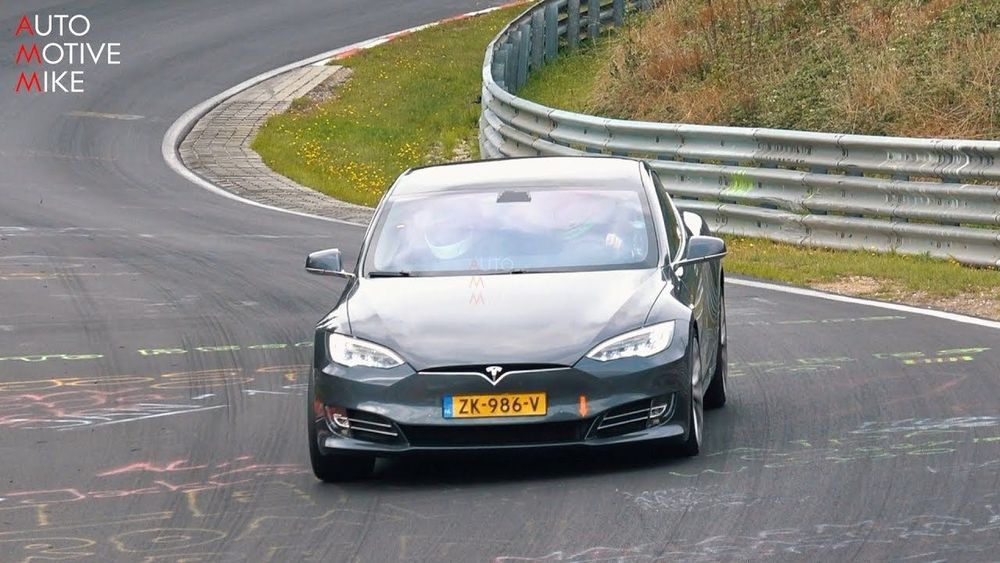A team of scientists has developed a computational model that uses artificial intelligence to find sites for hydropower dams in order to help reduce greenhouse gas emissions.
Hydropower dams can provide large quantities of energy with carbon footprints as low as sources like solar and wind. But because of how they’re formed, some dams emit dangerously high levels of greenhouse gases, threatening sustainability goals.
With hundreds of hydropower dams currently proposed for the Amazon basin—an ecologically sensitive area covering more than a third of South America—predicting their greenhouse emissions in advance could be critical for the region, and the planet.
